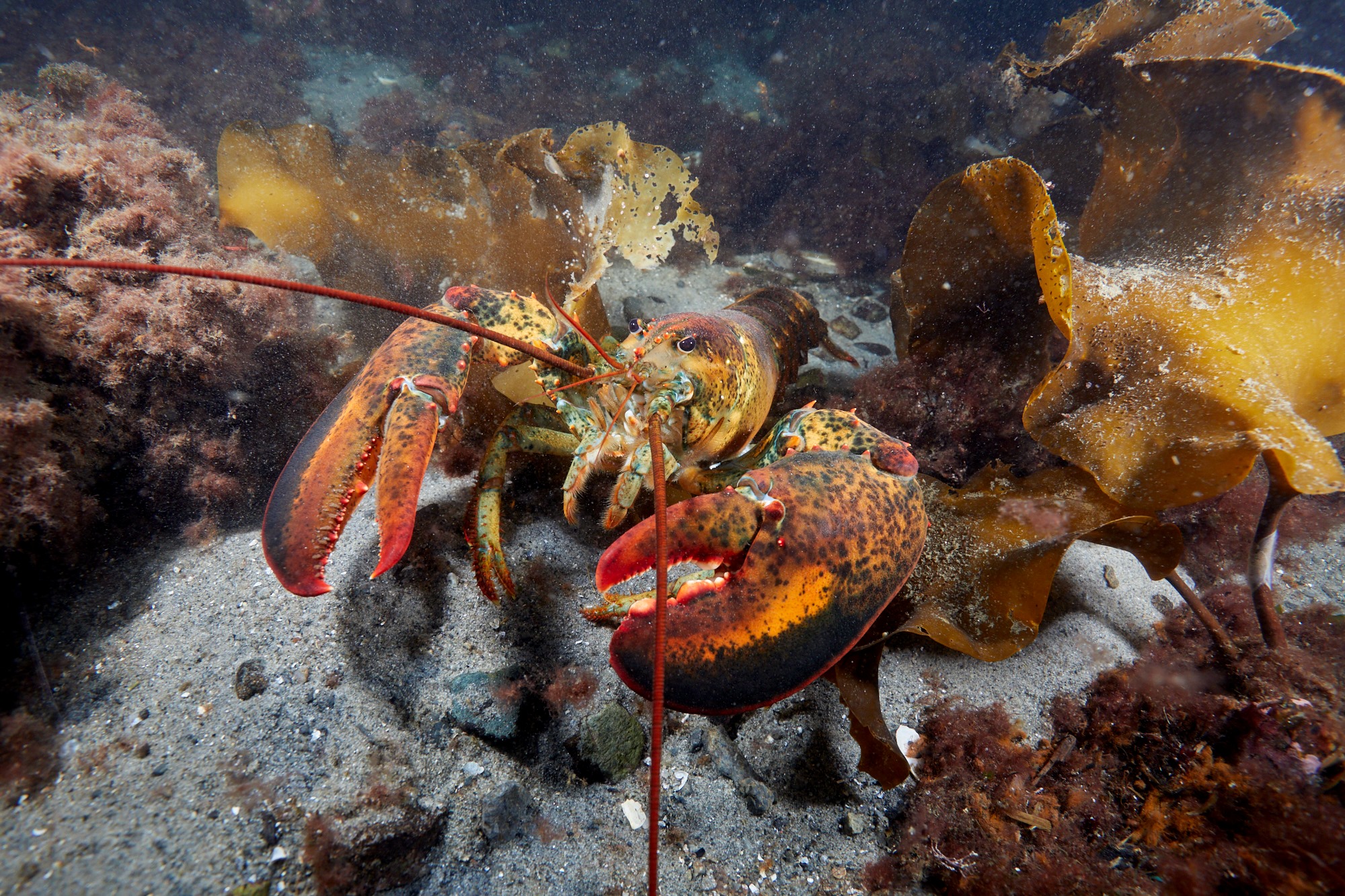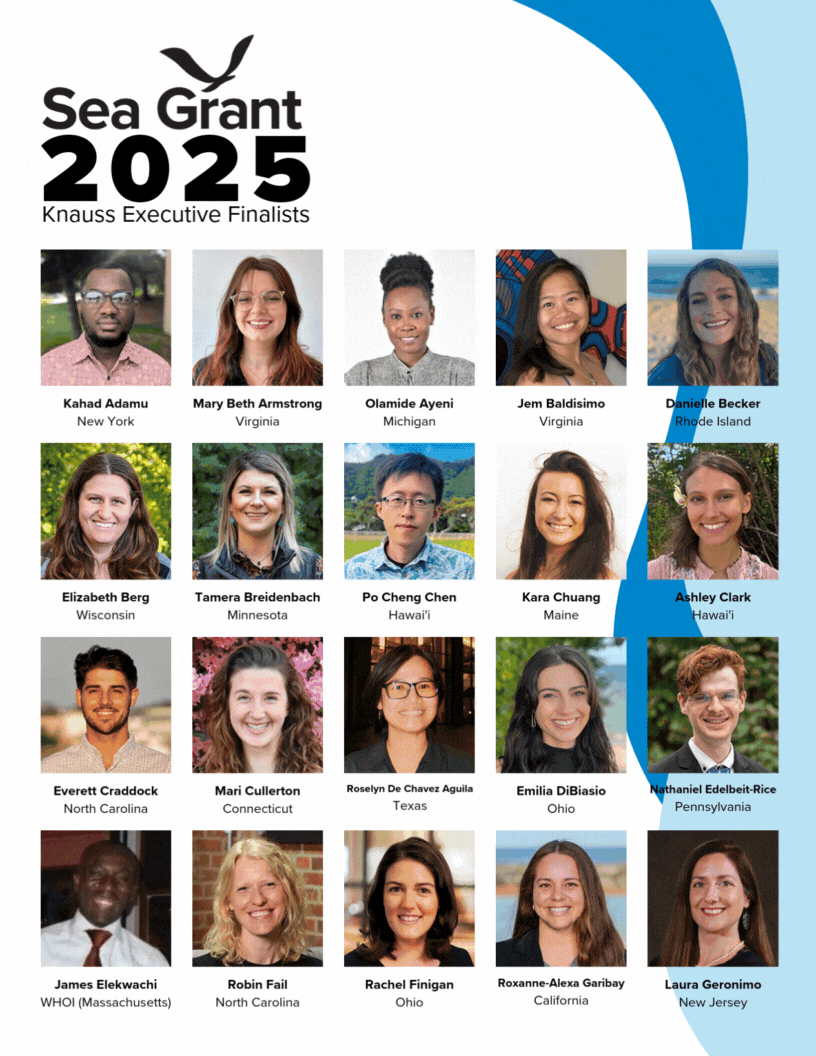NOAA Sea Grant and the Ocean Acidification Program awarded more than $2.4 million to support projects that will address the impacts of multiple stressors on and increase resilience in shellfish aquaculture through research and industry partnerships.
Shellfish aquaculture is among the fastest-growing sectors of food production, both globally and nationally. However, the vulnerability of shellfish to multiple stressors acts as a constraint on the growth of the aquaculture industry. In addition to ocean and coastal acidification, potential stressors include temperature, salinity, hypoxia, pathogens and parasites, harmful algal blooms, and environmental contaminants.
Four projects covering U.S. waters in the Gulf of Mexico, Mid-Atlantic, New England, and West Coast were selected through a joint, competitive funding opportunity. The selected projects will strengthen relationships between the shellfish aquaculture industry and the aquaculture research community; develop scientific knowledge on the impacts of ocean and coastal acidification in combination with other stressors to shellfish aquaculture; and create data products, tools, technologies, management practices and other deliverables that are broadly applicable to building resilience within the shellfish aquaculture sector.
These projects will expand collaborations between researchers and the shellfish aquaculture industry throughout all aspects of the scientific process, from project conceptualization to execution to dissemination of knowledge and development of deliverables. For this co-production of knowledge framework, at least one researcher and one shellfish grower will co-lead each project, and project investigators will work together to bolster aquaculture communities of practice. Moreover, between 14 and 35 percent of each project’s awarded funds are earmarked for equitably compensating growers for their contributions.
Read the full descriptions of selected projects
The results will bolster NOAA’s Blue Economy Initiative by supporting U.S. seafood production and building coastal resiliency. Specifically, these investments support the goals of NOAA and the Department of Commerce and are consistent with Sea Grant’s focus area of Sustainable Fisheries and Aquaculture. Learn more about Sea Grant’s work in aquaculture and ocean acidification.


